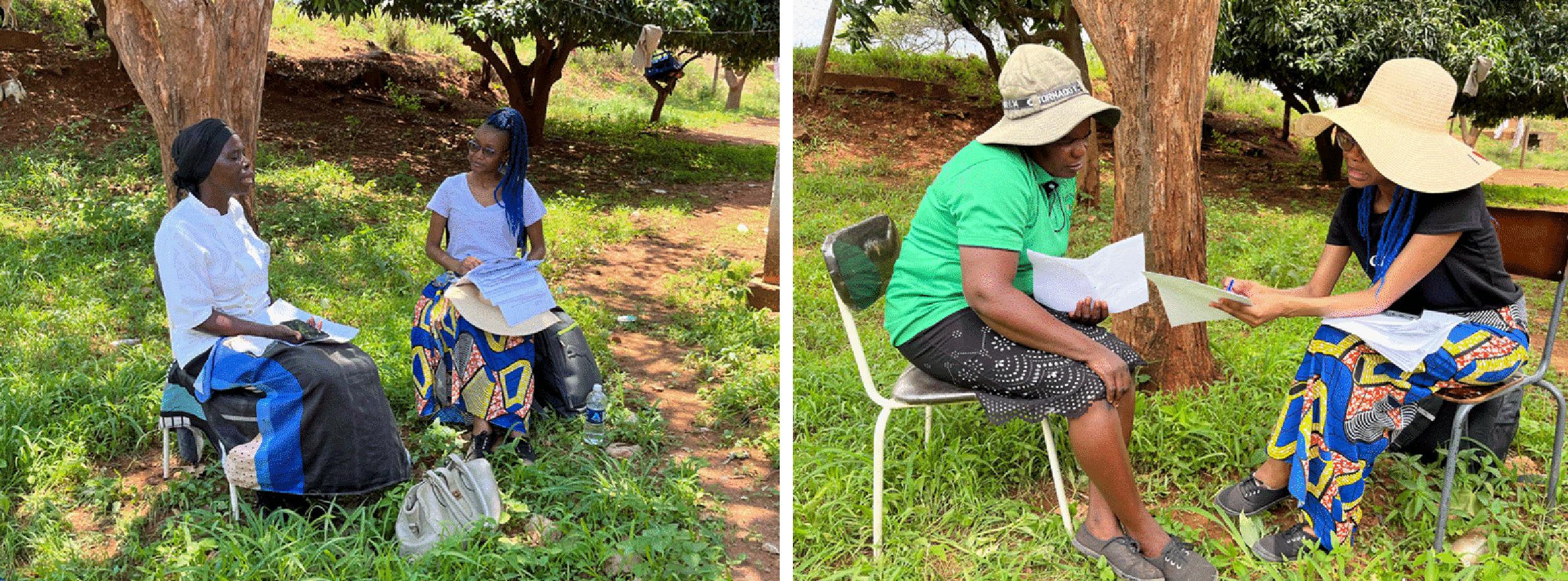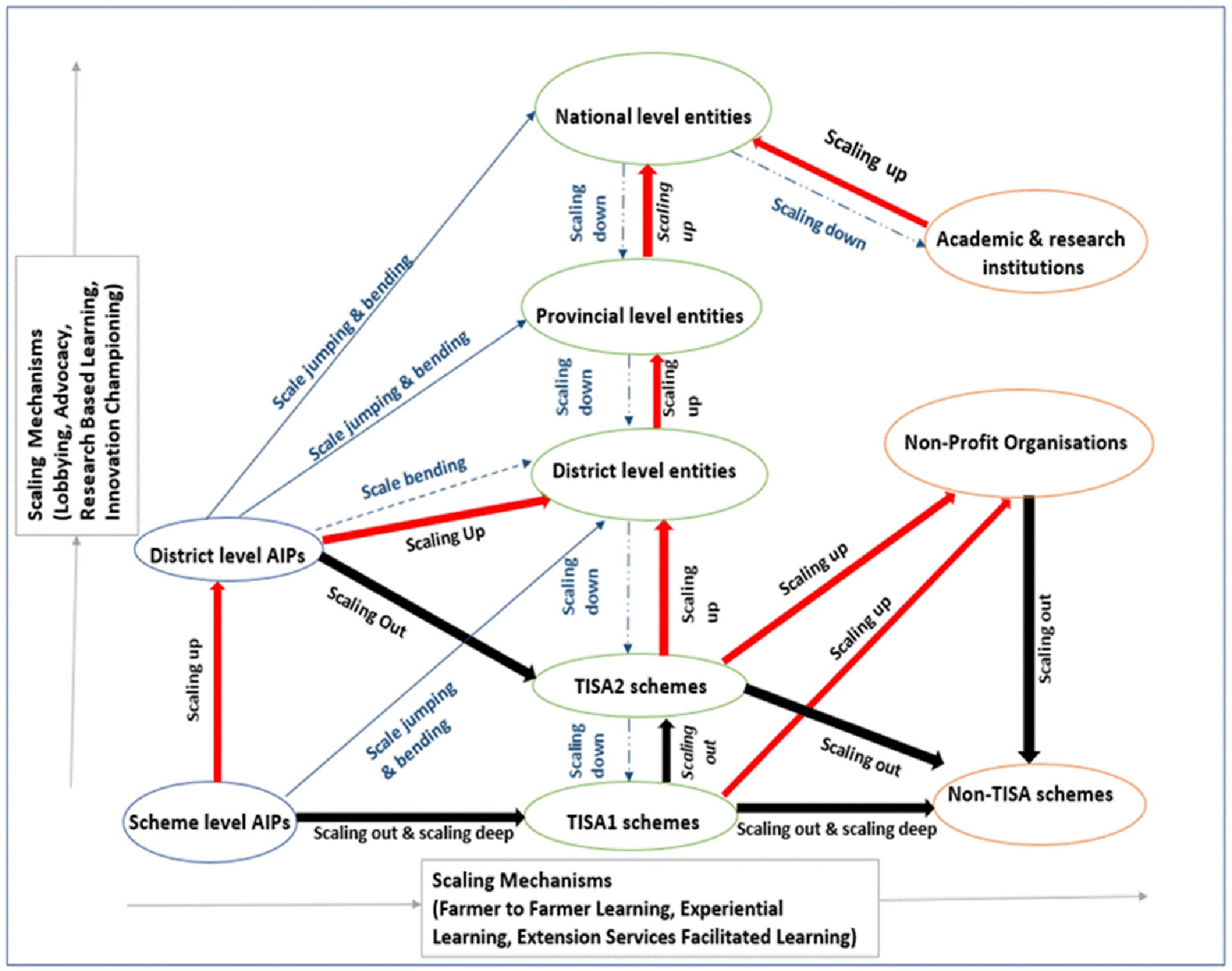

Being adaptable for scaling ag innovations
November 14, 2023

The Crawford Fund’s highly sought after Student Awards are one way we support and encourage the next generation of Australians into study, careers and volunteering in international agricultural research. The next round of awards will open later this month!
With the resumption of global travel, many NextGen Student Awardees are back travelling overseas to undertake projects, with quite a few involved in our Instagram campaign, reporting when they are on the ground.
Xolile Ncube, from the Australian National University travelled to Zimbabwe to undertake research into transforming irrigation in Southern Africa, as part of an ACIAR Project (LWR/2016/137), and she was hosted in country by the International Crop Research Institute for Semi-Arid Tropics (ICRISAT).
She wrote the blog below about her experience.
Being awarded the Crawford Fund Student Award in 2022 allowed me to travel to Zimbabwe for my data collection between the months of November 2022 and February 2023. The objective of the data collection was to determine how agricultural innovations initiated by Agricultural Innovation Platforms (AIPs) under the ACIAR funded Transforming Irrigation Agriculture in Southern Africa (TISA) project were spread out to new geographical locations and embedded in institutional and cultural norms.
Through an assessment of TISA project reports and conducting semi-structured interviews with irrigation scheme members, key stakeholders at district, provincial and national level, the study found that different dimensions, strategies and mechanisms were utilised at different levels to scale agricultural innovations. The study also found that AIPs were established at scheme and district level within the targeted areas creating new social networks which are an amalgamation of the networks that the individual actors within the AIPs bring from outside the forum. These networks were key in fulfilling the function of scaling agricultural innovations outside the AIP domains.
As an early career researcher, the data collection process made me realise how complex the scaling process is and although a guide can be produced around scaling, those engaged in the process need to be adaptable as scaling can also be spontaneous due to farmers learning from each other’s experiences. Figure 1 below is an example of the scaling process implemented by the TISA project in Zimbabwe , demonstrating that the process is not linear and requires a mix of scaling dimensions, strategies and mechanisms to successfully scale agricultural innovations.

Prior to embarking on this research I believed that there were only two forms of scaling which are scaling out and scaling up, but I quickly realised that there is a third scaling dimension which is scaling deep. The scaling deep dimension requires that participants of the process change their beliefs, mindsets and attitudes inorder to fully benefit from an innovation.
I also found that those involved in scaling need to be adaptable, three scaling strategies ensure that this occurs, these are scale jumping, bending and scaling down. Scale jumping is a strategy that is utilised when there is a realisation that the required outcomes will be attained at a lower level such as at the district level but at a higher level such as the national level, therefore the innovation is scaled to that level. The scale bending strategy is employed where rules and norms are challenged inorder to reach the desired outcome and impact. Scaling down, is closely linked with responsible scaling as it calls for those leading the scaling processes to stop and think about the impact of a scaling endeavor should it reach a wider geographical spread.
Scaling mechanisms are utilised to ensure that innovations reach the desired audience, these mechanisms include farmer to farmer learning, extension services facilitated learning, advocacy and lobbying, innovation championing and research-based learning.
Scaling is a concept that is not yet clearly understood within the field of agricultural research for development, this study contributes towards understanding scaling processes through empirical evidence from the TISA project. Having a clearer and more indepth understanding of scaling will ensure that the negative impacts of scaling on receiving environments and communities are eliminated or reduced, and expansion is conducted in a sustainable and responsible manner inorder to ensure positive results at both the proof of concept and expansion stages of project implementation.
The Crawford Fund supported my travel to Zimbabwe to enhance my understanding of the concept of scaling, I currently have a paper on the concept under review, having the paper published will ensure that a wider audience has access to my scaling research and that it contributes towards the manner in which research for development approaches and implements scaling in different locations across the globe.




 0
0